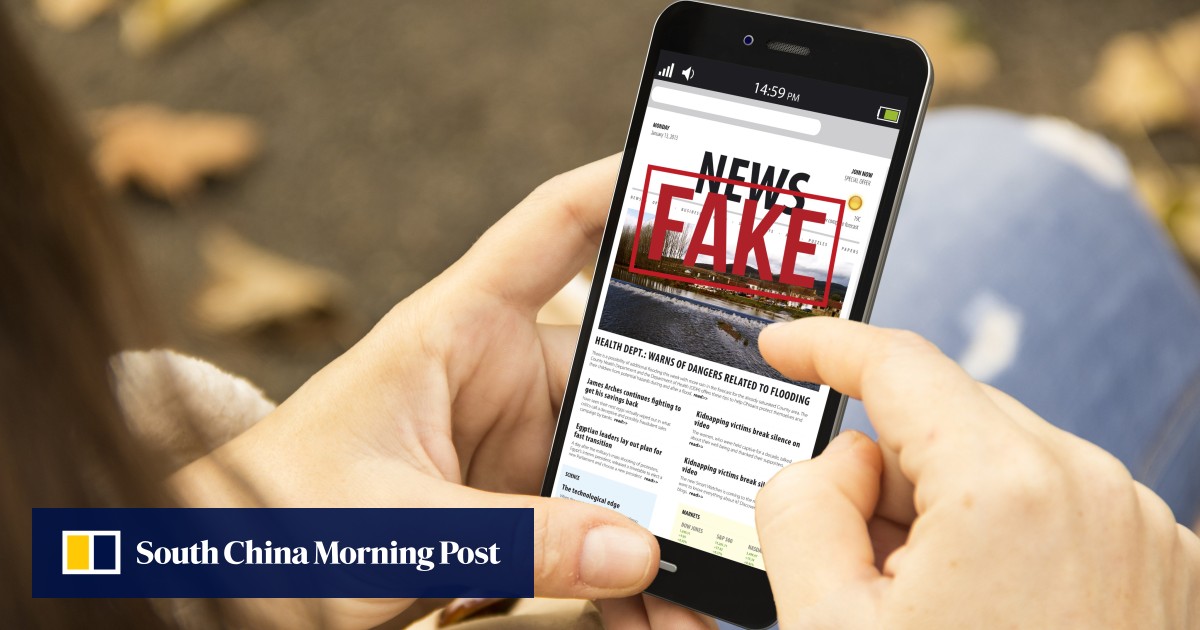Hong Kong Media Industry Shows Improvement Amid Concerns Over Fake News
Hong Kong’s media industry has shown improvement since the implementation of the domestic national security law, known as Article 23, according to city leader Lee. The law is aimed at tackling the spread of fake information, a problem that has been a concern since the social unrest in 2019.
Lee noted that some media practitioners and outlets have been actively working to refute or correct misinformation, showing a commitment to self-discipline and professionalism. This approach is seen as the preferred option to address the issue of fake news within the industry.
The idea of legislating against fake news was first proposed by former city leader Carrie Lam in 2021, in response to the challenges faced during the social unrest. The Hong Kong Journalists Association had expressed concerns about the impact such a law could have on independent news outlets and the flow of information.
However, group chairman Ronson Chan Ron-sing welcomed the government’s decision to address fake news through existing laws, such as those related to espionage or sedition offenses. He emphasized the importance of clarifying false information and the ease of doing so through social media platforms.
While the government has taken steps to combat fake news through legislation like Article 23, concerns remain about the effectiveness and potential consequences of such laws. Justice Minister Lam highlighted the Safeguarding National Security Ordinance, which includes offenses related to spreading false statements that threaten national security.
Overall, the debate around fake news legislation continues, with stakeholders emphasizing the need for a balanced approach that upholds freedom of expression while addressing the spread of misinformation. As Hong Kong navigates these challenges, the media industry plays a crucial role in maintaining transparency and accountability in the dissemination of information.


